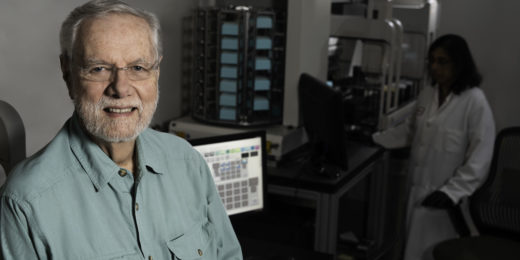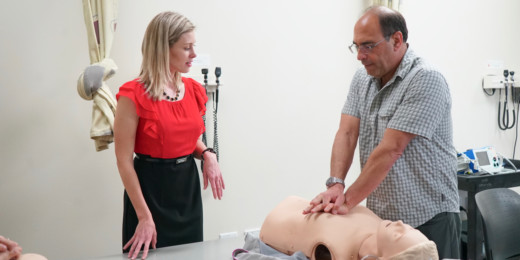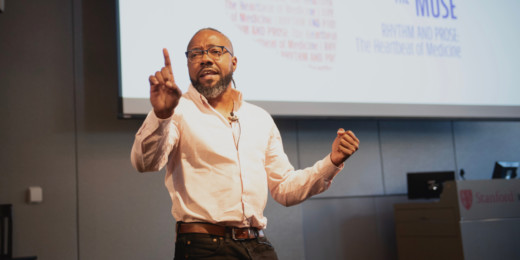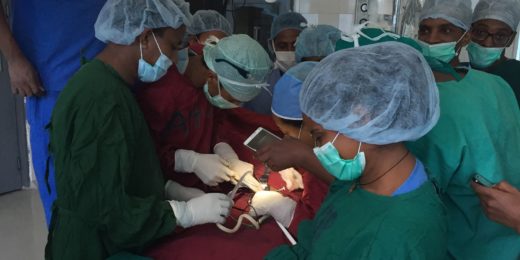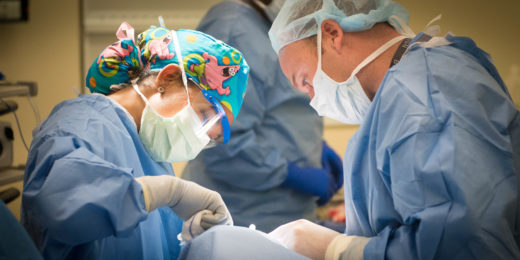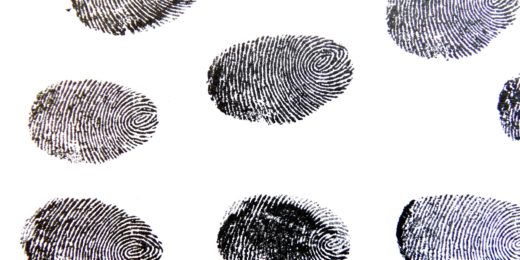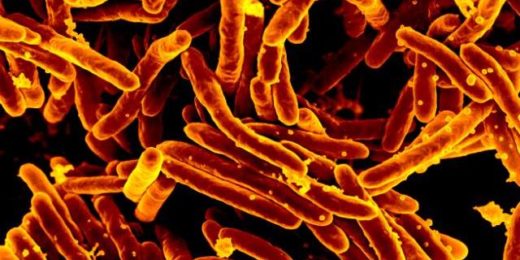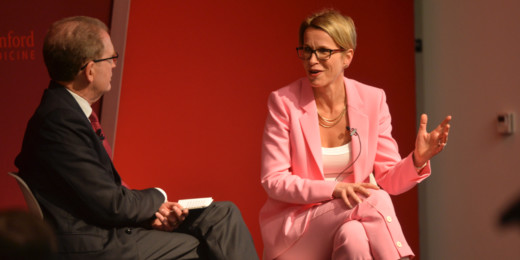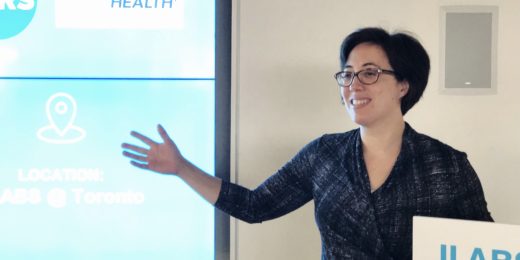A Stanford researcher explains that genome-wide association studies of psychiatric disorders are far more reliable than older, smaller genetic studies.
Month: April 2019
Progress toward a universal flu vaccine
Stanford researchers have developed a technique to encourage the immune system to target a section of the flu virus that is conserved year to year.
Doctors smoking? New exhibit displays now-startling ads
In response to views that cigarettes were unhealthful, tobacco companies used images of medical professionals to sell their products.
New Stanford Hospital nearing completion
Construction crews are putting the finishing touches on the new Stanford Hospital, getting ready for it to open later this year.
First diagnostic test for chronic fatigue syndrome identified
Inspired by his son's illness, Ron Davis and colleagues have discovered a diagnostic test for chronic fatigue syndrome, a notoriously elusive disease.
Improved CPR technique takes root at Stanford
High performance CPR, which eliminates unnecessary pauses and utilizes a team approach, is thought to improve survival rates.
Tips for discussing suicide on social media — A guide for youth
New guidelines offer teens and young adults practical tips on how to safely and constructively interact on social media about suicide.
Al Letson explores ties between journalists and doctors at Medicine and the Muse symposium
Poet and radio host Al Letson explores the art and power of listening with medicine students at Stanford's Medicine and the Muse symposium.
Designing an inexpensive surgical headlight: A Q&A with a Stanford surgeon
Millions of people are at risk from inadequate or unreliable lighting during surgery, so a Stanford surgeon is part of a team developing an affordable surgical headlamp.
A Stanford black, female, gay surgery resident speaks out
Auriel August, a resident in surgery, shares her story about why she decided to become a surgeon and her experience at Stanford.
Financial transparency may diminish trust in doctors, new study finds
A Stanford study has found that mandated public disclosure of physicians' financial ties may have diminished trust in all physicians.
Doctor or detective? Sleuthing mysteries in medical school
After beginning her training in clinical reasoning, a first-year medical student considers the similarities between doctors and detectives.
Which blood-based method works best to detect TB?
Scientists at Stanford and beyond are working toward a new type of tuberculosis diagnostic that utilizes blood samples.
On the importance of culture, partnerships and diversity at the Dean’s Lecture Series
At a recent Dean's Lecture Series, Dean Lloyd Minor discussed organizational culture and diversity with Emma Walmsley, CEO of GlaxoSmithKline.
The future hope of “flash” radiation cancer therapy
A radio show features a Stanford oncologist discussing ultra-fast "flash" radiation therapy, which may kill cancer cells with less collateral damage.
Countdown to Big Data in Precision Health: When industry and academia converge
Ahead of the Big Data in Precision Health conference, Emma Huang from Johnson & Johnson Innovations discusses collaborations between industry and academia.






